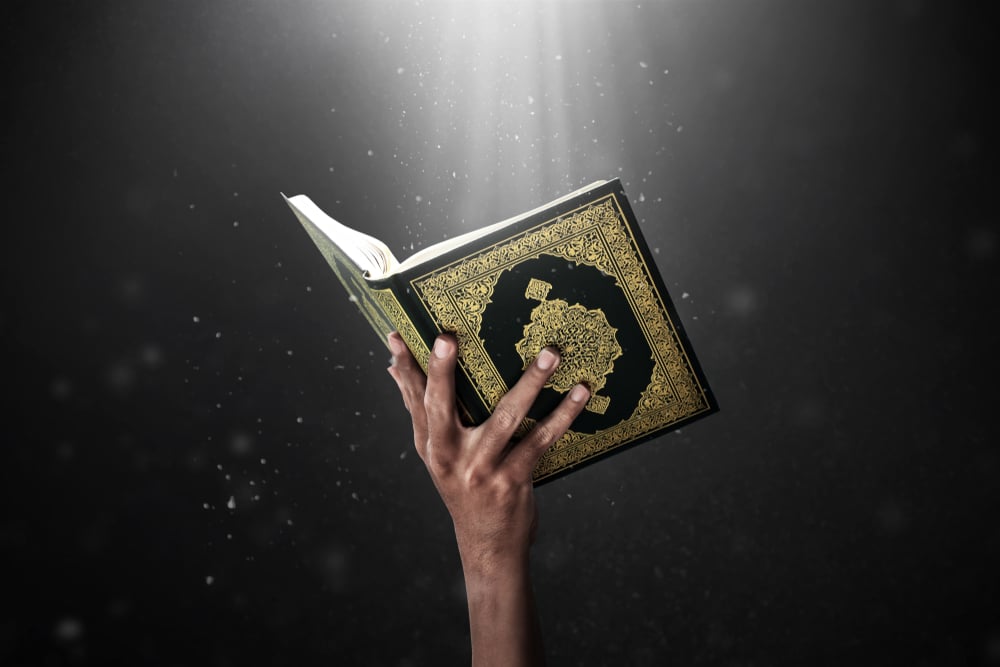Is Brahma Allah?
Answered by Shaykh Abdul-Rahim Reasat
Question
Is Brahma the same as Allah? The person does not believe Allah is three and does not believe in Brahma or any other deity, but he is unsure if Brahman is referring to Allah, for example how the Jews and Christians believe in Allah but a distorted version.
He would like to know whether Brahman is an interpretation of Allah or it is a fake idol completely with nothing to do with Allah please answer as this is very concerning for him and he needs an answer. He mocked Brahma and is unsure if he indirectly mocked Allah.
Answer
This depends on whether Hinduism was originally divinely revealed. It may be that the Hindu religion started off as a legitimately divinely revealed religion, in which case Allah would be the Divine being who was supposed to be worshipped. Some have argued this, and even supposedly found a reference to the Prophet Muhammad (Allah bless him and give him peace) in the Hindu scriptures.
As it stands, we cannot say that Brahma is Allah. As Muslims, we learn who Allah is through His final, uncorrupted revelation, and believe in Him on those terms – as the scholars of Islamic theology detailed. That is sufficient, and the truth of that final revelation is clear to anyone who seeks it with an open mind and heart.
As for the mockery, you should repent from it. It’s not a good practice to mock the deities of any religion as they will only retaliate in kind. This is forbidden in the Quran, and you can find a detailed explanation of the verse in the link below. Such a person is still a believer, and he shouldn’t obsess over the matter.
Sura al-An’am 107-110 – Seekers Complete Quran Tafsir – Shaykh Abdul-Rahim Reasat
[Shaykh] Abdul-Rahim Reasat
Checked and Approved by Shaykh Faraz Rabbani
Shaykh Abdul-Rahim Reasat began his studies in Arabic Grammar and Morphology in 2005. After graduating with a degree in English and History he moved to Damascus in 2007 where, for 18 months, he studied with many erudite scholars. In late 2008 he moved to Amman, Jordan, where he continued his studies for the next six years in Sacred Law (fiqh), legal theory (Usul al-fiqh), theology, hadith methodology, hadith commentary, and Logic. He was also given licenses of mastery in the science of Quranic recital and he was able to study an extensive curriculum of Quranic sciences, tafsir, Arabic grammar, and Arabic eloquence.
